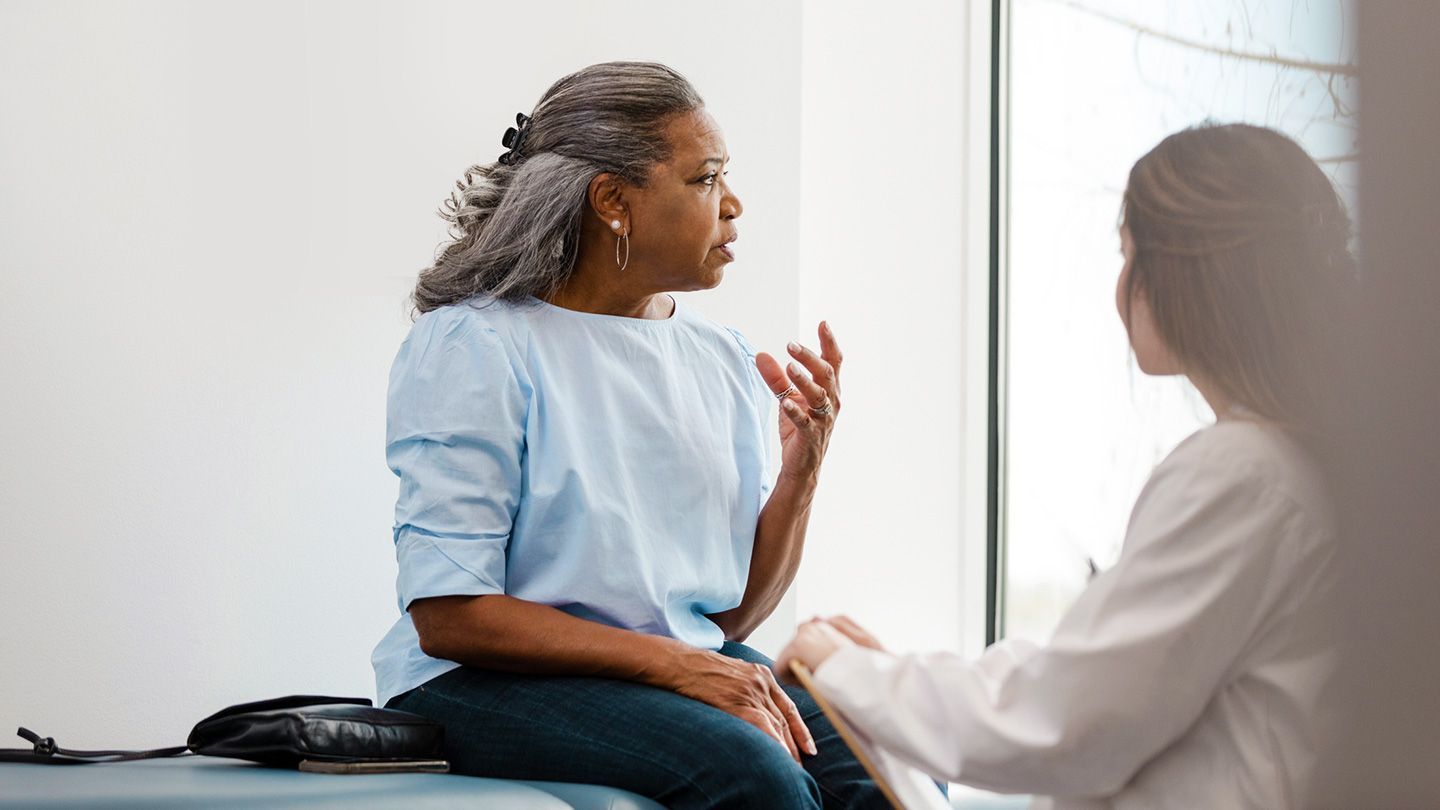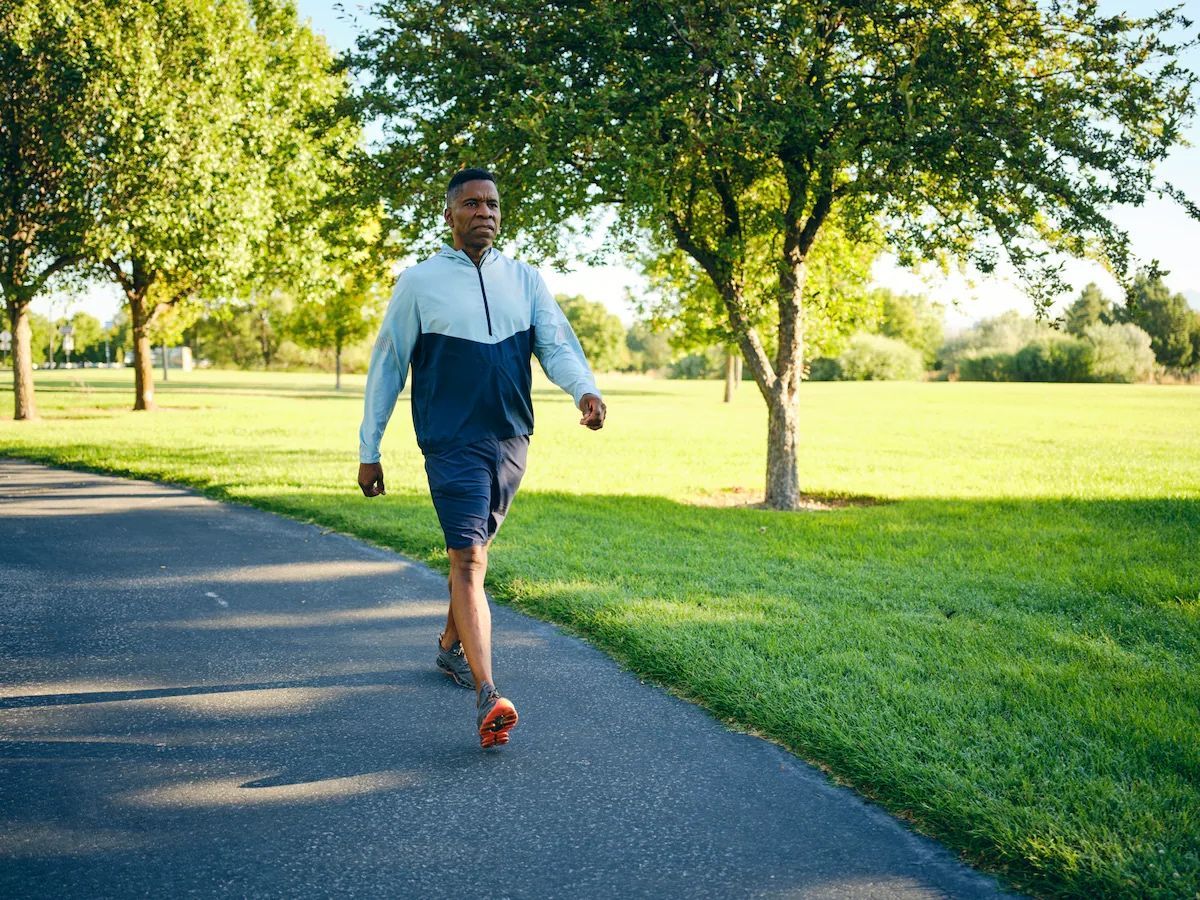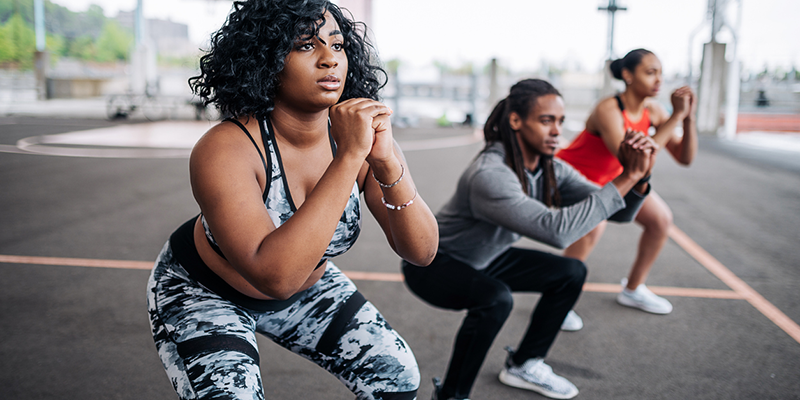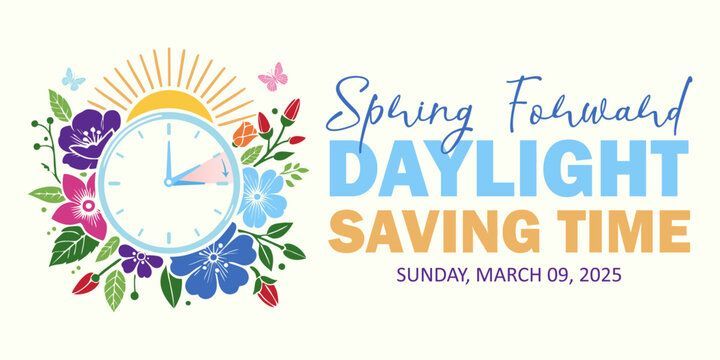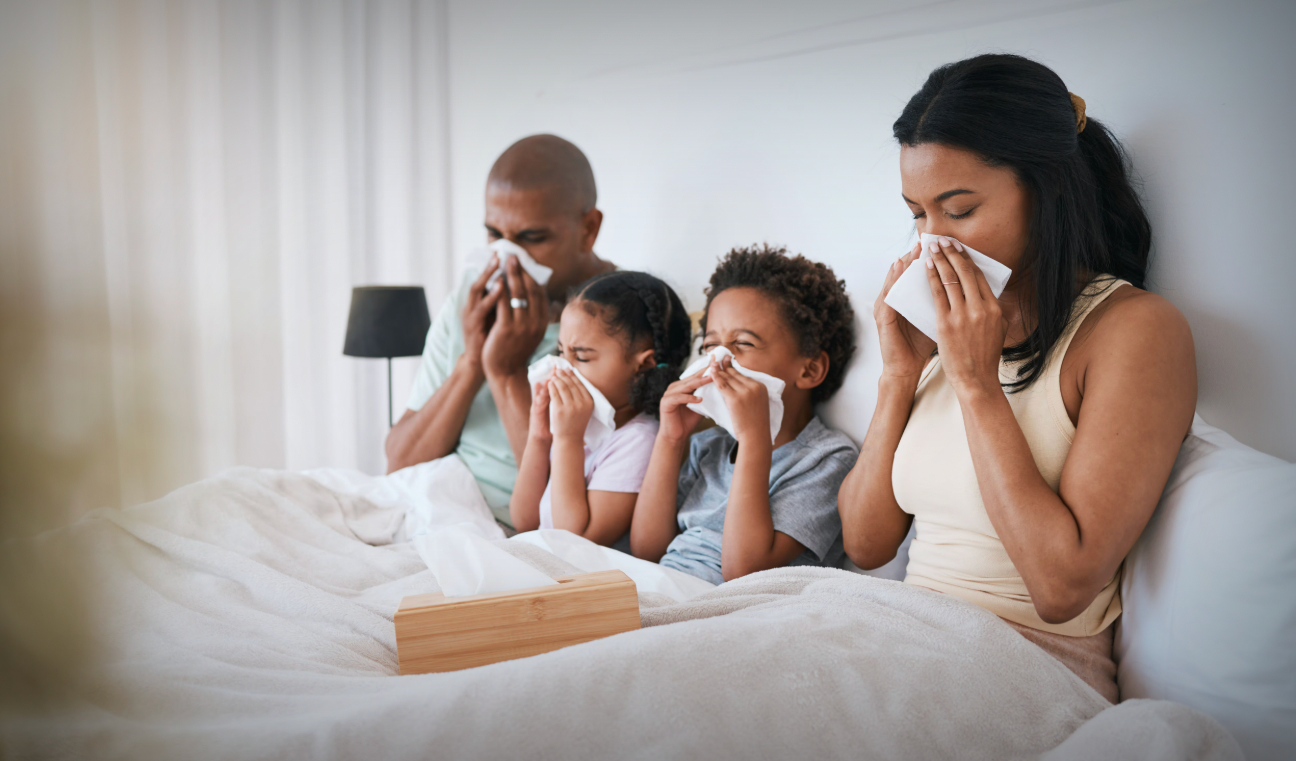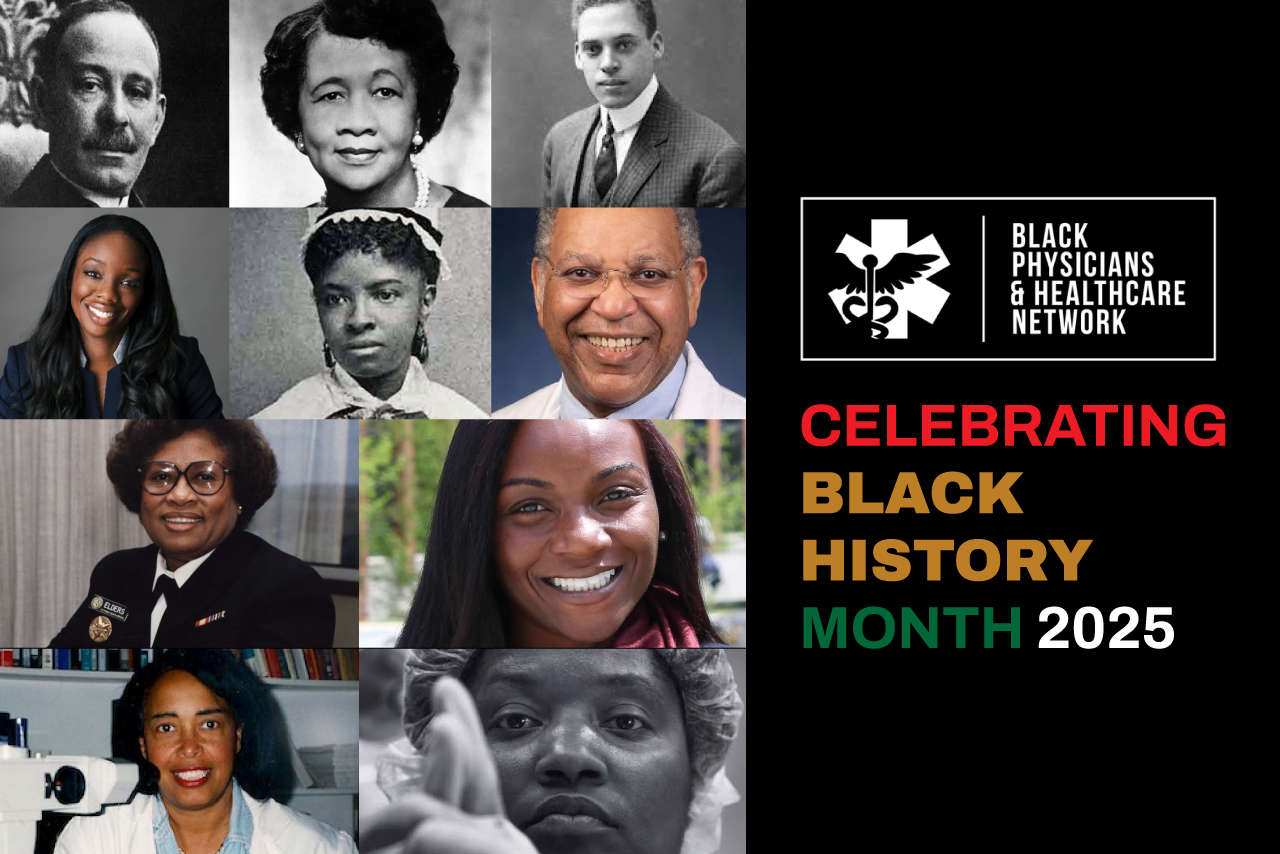4 Ways To Support Black People’s Mental Health
The ongoing trial of those accused of killing Ahmaud Arbery has stirred up traumas that African Americans have experienced time and time again; memories of Black men being killed at the hands of police or by individuals claiming to be on behalf of official authorities. This is a narrative that is sadly all too familiar within the African American community.
While the testimony and evidence from recent trials pain the majority of people, African Americans find it overwhelming, and Black men find it more agonizing as they see their fundamental humanity reflected in each case.
“Sometimes you are visualizing you,” said Paul Bashea Williams, lead clinician and owner of Hearts in Mind Counseling in Maryland’s Prince George and Montgomery counties. Ninety percent of his clients identify as Black.
Among the private concerns Black men have shared with Williams are “anxiety around leaving the house” and “depression over not having control over one’s life.”
With each killing of a Black person captured on screen, African Americans are fighting harder than ever to protect and prioritize their mental health.
And Black men and women are exhausted.
According to Williams, his clients are exhausted to the point of becoming “numb.”
He says this feeling has caused his clients to “lose a sense of hope – and stop practicing what is needed to maintain self-care.”
“They are losing hope that change will come or something will shift in how we are viewed and treated,” he said.
But Williams urges his clients to push back against that exhaustion.
“Stay connected to your thoughts and emotions around what’s happening,” he said. “And challenge the automatic thought that this is never going to change.”
He also offers four additional ways to support mental wellness.
Take a moment to be present with yourself and to name the feelings and experiences you may be having, Williams suggests. To begin, ask yourself “what am I experiencing now?”
The answer to that question may be fatigue, headaches, feelings of helplessness and hopelessness, irritability and anxiety.
Emotional and physiological responses can be helpful gauges of knowing when enough is enough.
“If I know what is happening in my environment, I can allow myself to make shifts,” he said.
A trusted support team is helpful in gently identifying changes you may not readily see in your mood or behavior. The therapist is clear that one’s self-care community must be grounded in relationships they can trust.
Helpful communities can flourish online through group texts and at socially distanced meetings.
In his practice, Williams helps clients identify ways to care for their mental health in their everyday lives.
One way to do this individually is to take an internal inventory of moments when you historically experienced joy.
Williams mentions that, culturally, Black people are often taught to care for others ahead of themselves while balancing the pressures that come with daily life.
“We have to have self-advocacy. We have to prioritize ourselves,” he said. “And it is not selfish.”
To begin this process, Williams suggests asking yourself, “What are the things I liked growing up?” and “What are the things I like now?”
Williams says this step is often unfamiliar for men.
When asking male clients, “What does your self-care look like?” he’s often met with blank stares and hesitation.
“They were like, ‘Man, I don’t know what that is,’” he said.
Seeing this need among his clients and social media following, Williams created a men’s self-care calendar to help men rediscover their own individual needs.
The next step is to create boundaries to prioritize needs. For example, Williams says using the “do not disturb” option on a phone is one way of “putting the responsibility on the boundary.”
“Boundaries allow you to protect yourself,” he said. “Boundaries are like a set of rules that you have in order to function, and to have healthier experiences with people, places and things.”
“It is important for the Black community to get into therapy,” Williams said.
He recommends finding a therapist whom you trust and who fits with you.
“Your first therapist might not fit,” he warned.
When seeking a clinician, he encourages individuals to try out therapists. He also recommends pushing back if you feel you aren’t getting enough in sessions.
“Be empowered to find another therapist,” he said. “Say, ‘Hey, I don’t feel like I am getting what I need. Can we try something else?’”
And if your therapist isn’t working out, Williams recommends acknowledging it and finding someone who may be a better fit.
To work with Mr. Williams directly please visit our mental health page and request to see a black therapist today!
Credit Abraham ASK A BLACK THERAPIST: 4 WAYS TO SUPPORT BLACK PEOPLE’S MENTAL HEALTH, https://voonze.com/ask-a-black-therapist-4-ways-to-support-black-peoples-mental-health/
